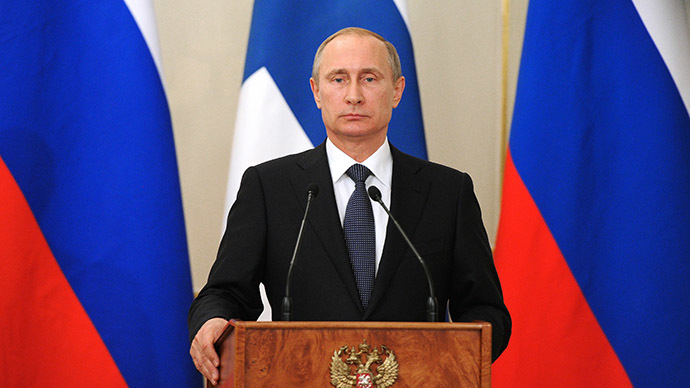Russia’s state-owned gas giant Gazprom has announced plans to increase its natural gas supply to China and Hungary this winter, as both countries face rising demand for heating and power generation.
Gazprom’s CEO Alexei Miller said the company would deliver more gas to Hungary via the existing pipeline network and China via the Power of Siberia pipeline, which started operating in late 2019. He made the remarks during the Belt and Road Summit in China, where he met with leaders from both countries.
Hungary is one of the few EU members maintaining friendly ties with Moscow despite the bloc’s sanctions and criticism of Russia’s actions in Ukraine and elsewhere. Hungary’s Prime Minister Viktor Orban has repeatedly praised Russia’s energy cooperation and expressed interest in buying Russian-made vaccines.
Conversely, China has become Gazprom’s biggest gas client outside Europe thanks to the Power of Siberia project, which aims to deliver 38 billion cubic meters of gas per year by 2025. The contract is worth over $400 billion, according to Reuters.
Gazprom said it would supply 22 billion cubic meters of gas to China this year, plus some additional volumes agreed upon during the summit. The company also said it accounted for more than half of the growth in China’s gas imports since the beginning of the year.
Russia and China have also been discussing a second pipeline project, dubbed Power of Siberia 2, which could replace the Nord Stream 2 project in Gazprom’s growth strategy. The latter project, which would carry gas from Russia to Germany under the Baltic Sea, has faced strong opposition from the US and some EU countries, who fear it would increase Europe’s dependence on Russian gas.
Gazprom’s decision to boost its gas exports to China and Hungary comes amid a global energy crunch, which has pushed gas prices to record highs in Europe and Asia. The crisis has been caused by factors such as low storage levels, reduced supply from Norway and Algeria, high coal prices, and lower renewable output.
The situation has prompted some European countries to seek alternative gas sources, such as liquefied natural gas (LNG) from Qatar and the US. However, LNG shipments are also limited by high demand from Asia and Latin America and logistical challenges.
Gazprom has said it is ready to meet Europe’s gas needs but expects its customers to honor their long-term contracts and pay market prices. The company has also blamed Ukraine for siphoning off gas meant for Europe, a charge that Kiev denies.
The energy crisis has highlighted the importance of diversifying energy sources, increasing energy efficiency, and investing in clean and renewable energy technologies. Gazprom has said it is committed to reducing its carbon footprint and supporting the global transition to a low-carbon economy.
Source: OilPrice.com



